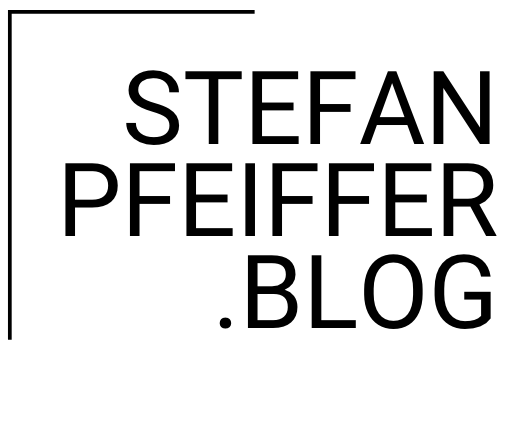Die einen reden vom Ende der Mail, davon, daß soziale Netzwerke E-Mail ersetzen werden. Mein Kollege Luis Suarez postuliert ein Leben außerhalb des E-Mail Posteingangs. Auch ich habe das Thema hier öfters behandelt. Und Phil Green spielt mit dem Titel des guten alten Songs der Buggles, wenn er schreibt:
Just as video did not kill the radio star, social media will not kill e-mail. …
… Social media was supposed to kill e-mail. E-mail has been in the technology dead pool for quite some time. But while the predictions of its demise run rampant, e-mail still chugs along as one of the most ubiquitous technologies, and replacement is still just water cooler talk.
Und er skizziert auch die größte Schwäche, die E-Mail aus Unternehmenssicht hat:
Perhaps the biggest challenge e-mail faces — and the one that will knock it off its pedestal — is its lack of ability to preserve and share knowledge. Organizations must also constantly deal with the effects of employee turnover associated with natural attrition, retiring workforces and mobility. The need to capture collective knowledge is an essential part of business operations.
Striking the right balance between access, collaboration and control of knowledge and information is an imperative. Looking at a range of socially enabled tools can help build collaborative environments.
In einem weiteren Posting wird zu Greens Artikel unter dem Titel „Enterprise 2.0 Roll-up: You Can Hate it, but You Can’t Kill Email“ Stellung genommen. Dort wird David Lavenda mit weiteren Gründen pro E-Mail zitiert:
- A lot of time is spent there — A recent uSamp survey showed that 25% of business people spend half their day in email, and over 75% spend at least two hours every day in email.
- Important social connections are already maintained in email — The Outlook/Notes contact list is the de facto directory for most business people.
- It’s packed with important information — Business-critical documents and text messages reside in the Inbox.
- Next-generation Enterprise 2.0 tools are disruptive and require a change in business user behavior. Perceived marginal utility is low and switching costs/adoption are high
Ich kann beiden Postings nur partiell folgen und halte die Argumentation für irreführend. Daß wertvolle Informationen in isolierten E-Mail Boxen liegen, ist genau einer der Schwächen und aus Unternehmenssicht Gründe gegen E-Mail. Daß wertvolle Kontakte in persönlichen Adressbüchern verwaltet werden – und nicht im CRM System -, ein weiterer Grund, warum Unternehmen E-Mail nicht mögen sollten.
Ja, soziale Netzwerke werden E-Mail nicht ersetzen. Sie werden stattdessen mit E-Mails zusammenwachsen. Der E-Mail Client der Zukunft wird eine Mischung aus uns bekannter E-Mail und sozialem Netzwerk à la Facebook oder XING sein. Die E-Mail Inbox wird sozial. Deshalb glaube ich, daß die Diskussion, ob „Social Media kills the E-Mail Star“ irreführend ist.
Und wahrscheinlich werden wir sogar eine Konvergenz von CRM-System, persönlichem E-Mail-Adressbuch und sozialem Netzwerk erleben, durch die Adressen und Kontakte synchronisiert werden. Der Arbeitsplatz von heute mit den Werkzeugen ändert sich, vor allem getrieben durch veränderte Verhaltensmuster und Arbeitweisen der jüngeren Generation und durch die Sprengkraft des sozialen Internets. Wir befinden uns unaufhaltsam auf dem Weg zum Social Workplace, auf dem Weg zum Social Business. Das birgt Risiken vor allem aber Chancen für Unternehmen und Mitarbeiter und Kunden.

Kommentar verfassen